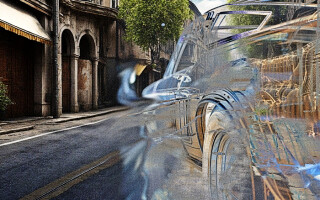TDK Announces New Automotive Noise Suppression Filters for MF and HF Bands
September 15, 2020
News

The noise suppression component will be inserted in signal lines for electronic control circuits in automotive applications including car audio, navigation, and battery monitoring systems. Signal
TDK Corporation announced that it has developed the MHF1608 series of HF band* noise suppression filters for automobiles.
The noise suppression component will be inserted in signal lines for electronic control circuits in automotive applications including car audio, navigation, and battery monitoring systems. Signal transmission paths are often affected by conduction, radiation noise, or other impacts. To control these noises, a chip bead supporting a high frequency band from several dozens of MHz to several GHz is typically inserted.
According to the company, the MHF series uses a high-loss, permeable ferrite material, which results in high impedance from 300 (KHz) to 30 (MHz), lower than the frequency band above, while minimizing and controlling noise. Also according to the company, replacing conventional chip beads with this product enables manufacturers to reduce the number of parts used. It is wide temperature range from -55 °C to +125 °C and also qualified in accordance with AEC-Q200.

For more information, visit: https://www.tdk.com/corp/en/news_center/press/20200915_01.htm




